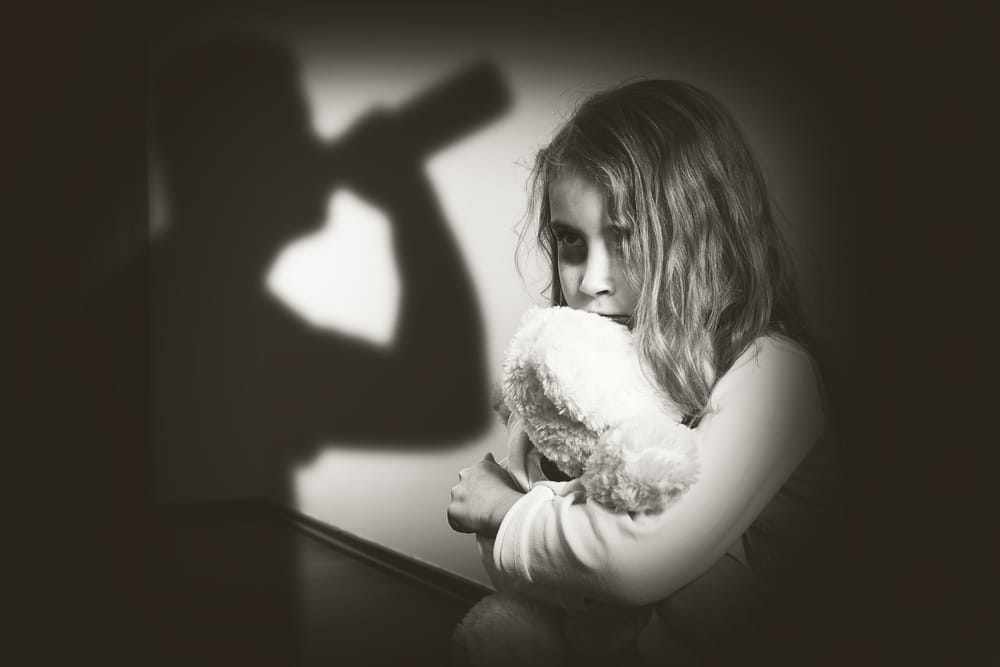Addiction Treatment
Growing Up in an Addicted Family
Written By:

Table of Contents
Children who are raised in an environment that includes an alcoholic or drug addict, whether that person is a parent, sibling, or some other family member, are at a significant disadvantage when compared to their friends who do not have to cope with a substance abuser. Addicts will ignore the basic needs of their children while they fulfill their own cravings for their substances of choice. A parent’s addictions can lead to physical or psychological abuse of a child. Parents who drive while intoxicated will endanger their children’s lives. Children who do not understand the disease aspects of their parents’ addiction often blame themselves for their parents’ problems or, if they are able to avoid that blame, they seek to control or cure their parents’ addictions by covering or making excuses for the parents’ behavior, or by trying to persuade the parents to stay away from drugs or alcohol. These efforts often lead to failure, and can drive the children into their own downward spirals of alcohol and drug addiction.
Children of Addiction & Alcoholism
Children who grow up with addicts develop coping behaviors that are detached from healthy coping mechanisms. Alcoholics and drug addicts typically deny that they have a problem and profess that they can stop using drugs or alcohol at any time. Children see the contrary evidence of this but have no ability to change their parents’ response and, as a result, those children adopt their own denial strategies to deal with a dysfunctional home life. A child might need to lie or to fabricate excuses, for example, to excuse an alcoholic parent’s absence. The child’s denial might expand such that the child endorses the parent’s denial of a problem. After a time, the child is no longer able to separate the reality that he witnesses from the fabrications that he and his parents have developed.Children in addicted households can reach a point at which they are no longer able to cope with the problem. They become emotionally withdrawn and they refuse interactions with an addicted parent. These children fail to learn how to express their emotions in a mature and reasonable fashion and they suffer for that failure throughout their adult lives.
Effects of Addiction on the Family
A parent’s drug addiction or alcoholism will also harm a family’s financial and physical well-being. Resources that should be used to pay for regular living expenses are often diverted by an addicted or alcoholic parent to paying for his drugs or alcohol. The child lives in constant fear of financial, physical, or emotional loss even when the parent is able to stay sober for a longer period. Experience teaches the child that periods of sobriety are not to be trusted, and that the alcoholic or drug-addicted parent will always return to his old habits.Psychologists and counselors have taken note of the toll that drug addiction or alcoholism will have on the children in an addict’s or alcoholic’s household. Children and families can turn to multiple resources and support groups for help with both living in an addicted household and with encouraging an alcoholic or drug addict to seek his own recovery therapy. These support groups are not a cure for the underlying problem, but they are a valuable commodity to prevent the problem from spreading to other parts of the family.
The counselors and therapists at the Last Resort Recovery Center (near Austin, Texas) have helped countless families to deal with the stresses of living with an addict. Please call us at 512-360-3600 for more information and assistance with how we can help you. Our confidential consultations can give you the help you need, and we can point you in the right direction to reclaim and manage your own life while you are dealing with the substance abuser in your own household.
